ATTO Disk Benchmark
The ATTO disk benchmark is a Windows-based utility for testing storage performance of any storage drive or controller. We use the default benchmark setup.
M.2 PCIe Performance
For M.2 testing we use a Toshiba OCZ RD400 256GB M.2 PCIe NVMe SSD.
Despite a lack of cooling, transfer rate performance from the CPU-fed M.2 PCIe slot is superb. We did not observe any signs of thermal throttling when used alongside a Noctua NH-D15 CPU cooler that was giving the RD400 SSD incidental airflow.
ASRock's secondary M.2 slot is limited to around 1.6GBps, making it suitable for older SSDs or write-heavy scenarios where 1.6GBps is a high performance perch, even by today's standards.
USB 3.0 5Gbps Performance
We test USB 3.0 performance using a pair of Corsair Force LE 120GB SSDs in RAID 0 connected to an Icy Box RD2253-U31 2-bay USB 3.1 enclosure powered by an ASMedia ASM1352R controller.
USB 3.1 Gen 2 10Gbps Performance
We test USB 3.1 performance using a pair of Corsair Force LE 120GB SSDs in RAID 0 connected to an Icy Box RD2253-U31 2-bay USB 3.1 enclosure powered by an ASMedia ASM1352R controller.
A settings bug made it impossible to run USB 3.1 Gen 2 10Gbps transfer rate tests due to instability with the ports. As such, we implemented a manual fix shown in the above screenshot. For any users experiencing USB 3.1 Gen 2 problems, we would recommend attempting the above manual solution.
Performance from the X370-based 10Gbps USB 3.1 Gen 2 ports on ASRock's X370 Taichi is good. The numbers were a touch behind those of Gigabyte's competitor but not by a significant level.
SATA 6Gbps Performance
For SATA 6Gbps testing we use a SK Hynix SE3010 960GB SSD.
SATA 6Gbps performance is as we would expect. The add-on ASM1061 chipset ports are slower than any of the eight delivered by AMD's X370 chipset and should therefore be used for slower mechanical storage as a last resort.
WiFi Performance
For Wireless-AC testing we manually transfer a large video file between the test system and our GbE UnRaid server (with a SSD cache drive).
Performance from the Intel Wireless-AC 3168 single-stream adapter was decent. The 433Mbps-rated device delivered around half of its theoretical performance in our file transfer test. This was at a distance of around 4 metres in a test environment cluttered with wireless signals.
As such, the WiFi looks to be reasonably capable of saturating even the fastest of UK-based internet connections but it will represent a serious slow-down to users transferring files on an internal GbE-capable network.
Audio
Rightmark Audio Analyser is a freeware benchmarking utility designed to objectively test the performance characteristics of audio solutions. We setup a line-in line-out loop and execute the record/playback test before generating the results report you see below. A sampling mode of 24-bit, 192 kHz was tested.
According to RMAA, overall performance from ASRock's Purity Sound 4 system is ‘Excellent‘.
 KitGuru KitGuru.net – Tech News | Hardware News | Hardware Reviews | IOS | Mobile | Gaming | Graphics Cards
KitGuru KitGuru.net – Tech News | Hardware News | Hardware Reviews | IOS | Mobile | Gaming | Graphics Cards


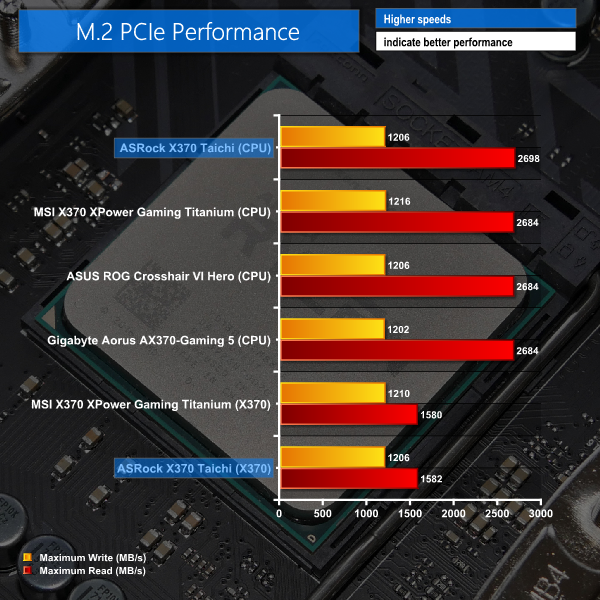
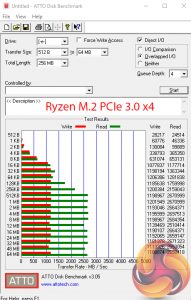
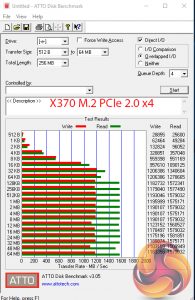
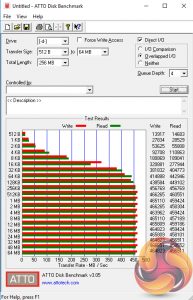
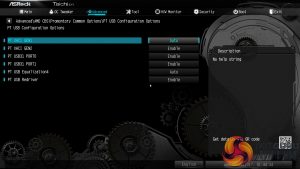
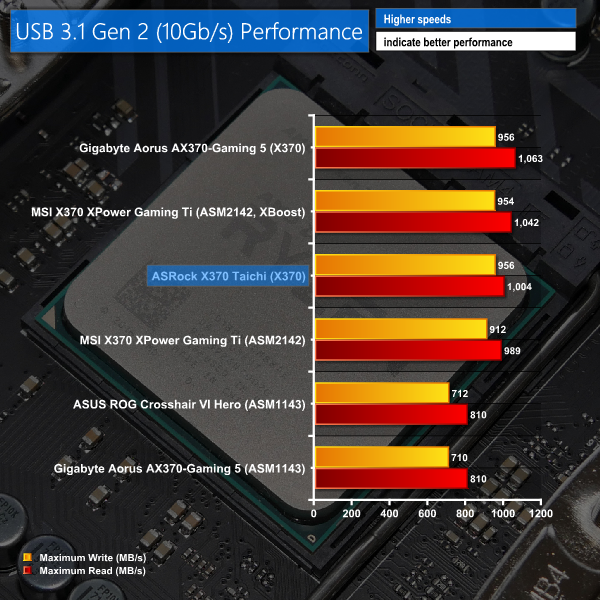
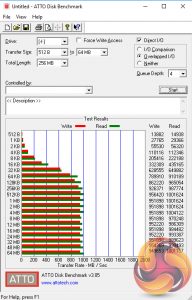
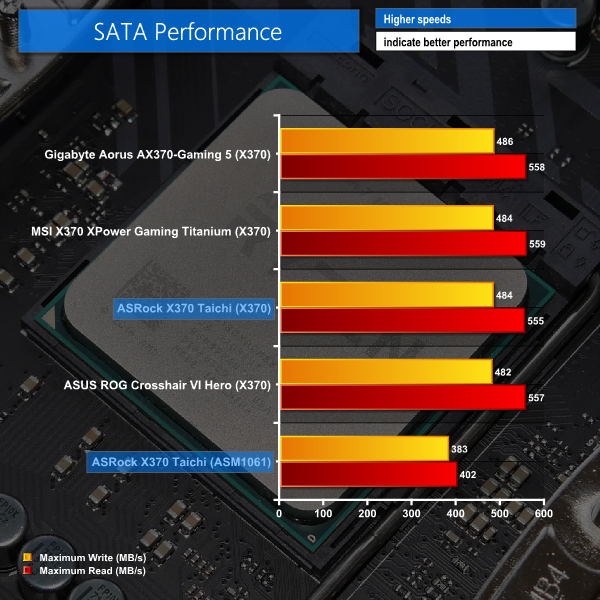
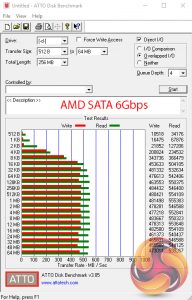
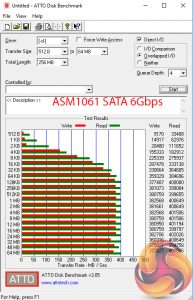
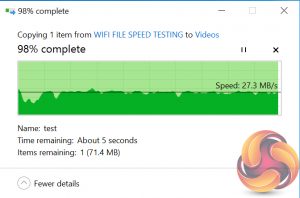
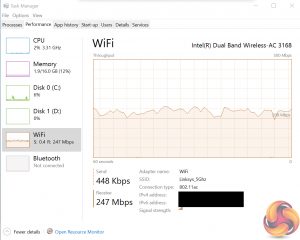
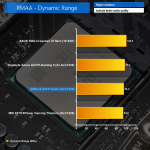
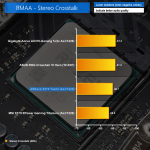
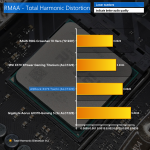
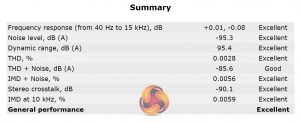
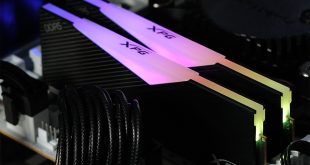
I get paid in the range of $6,000-$8,000 monthly working online. For anyone willing to complete easy online jobs for 2h-5h a day at your house and get valuable profit in the same time… This is a gig for you…Read more here> DELICIOUSURL.COM//34
yiuoip
The problem with ASRock and Ryzen is that there are none available. Unless you want to wait until Zen+ MBs, i guess you have to go to another brand.
Well, there’s plenty available now.. this one looks one of the must have for Ryzen high end CPUs.
Well, there’s plenty available now.. this one looks one of the must have for Ryzen high end CPUs.
I’m really considering this board (or the Asus Strix X370-F). Can I clarify if the ASM1184e controls 4x PCIe 2.0 x1 lanes? (2 to the slots, 1 to the WiFi, 1 to the LAN)?
You should really review this board again. AsRock just destroyed this board after bios P2.30. We are on bios 3.30 now and people are not happy with it and by that it may hurt your credibility.